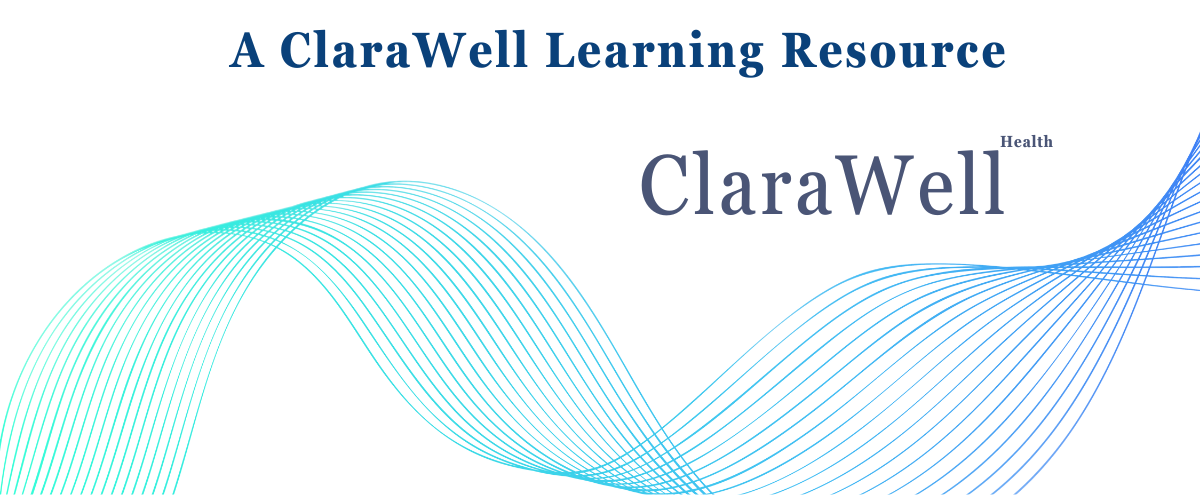Learn with ClaraWell
Do I Have ADHD

Do I Have ADHD?
Understanding the Signs & When to Get Tested
Do I Have ADHD? Know the Signs, Trust the Process
If you’ve ever wondered whether ADHD might be behind your challenges with focus, energy, or organization, you’re not alone. This page breaks down what ADHD can look like, why people seek testing, and what you can do if you’re unsure.
🧠 When Should I Consider ADHD?
You don’t need to check every box to wonder if ADHD might apply to you. Common reasons people start exploring ADHD include:
- Frequent forgetfulness or distraction
- Struggles with time management or starting tasks
- Emotional sensitivity or quick frustration
- A lifelong pattern of “almost getting it together”
If these feel familiar, it doesn’t mean something’s wrong, it means it might be time to understand your brain better.
👩⚕️ ADHD Looks Different Across Ages
Children with ADHD often show signs like hyperactivity or acting out. Adults, on the other hand, may struggle quietly, with internal restlessness, forgetfulness, or low self-esteem tied to years of feeling “off.”
That’s why many people don’t realize they have ADHD until later in life, often after a child is diagnosed or a life change adds pressure.
🔍 What Happens During an ADHD Evaluation?
Getting tested usually starts with a conversation—either with your doctor, a psychologist, or another trained provider. They’ll ask about your focus, habits, past experiences, and sometimes use questionnaires to help make sense of it all.
If you’re not ready to talk to a provider, ClaraWell™ offers a free ADHD Risk Screener to help you reflect and gain clarity before your next step.
📋 A Helpful Tool to Explore ADHD Further
The Adult ADHD Self-Report Scale (ASRS) is a globally recognized screening tool developed with the World Health Organization. It’s not a diagnosis—but it can help you see patterns that are worth discussing with a professional.
Alongside the ASRS, ClaraWell™ offers a guided ADHD risk screener focused on real-life symptoms and executive function patterns. You can explore it anytime on the ADHD Risk Screener page.
You can also learn more about the ASRS on its Wikipedia page.
🛤️ What If the Screener Suggests ADHD?
That’s a starting point, not a label. You can take what you learn to your healthcare provider and discuss testing options, treatment, or support. ADHD isn’t about failure, it’s about finding tools that work for your brain.
Whether you’re feeling lost, hopeful, or both-you’re in the right place.
💡 Ready to Take the First Step?
ClaraWell™ helps you understand ADHD with clarity and compassion. Our ADHD Risk Screener is fast, free, and designed to help you move forward, at your own pace.
Not sure where to start? Take the free ClaraWell ADHD Risk Screener to explore your attention, energy, and focus patterns in minutes.
Take the ADHD Risk ScreenerFrequently Asked Questions
Want a clearer picture? Try ClaraWell’s free ADHD Risk Screener—it’s fast, private, and helps you decide if formal testing might be a good next step.
Try The Free Screener